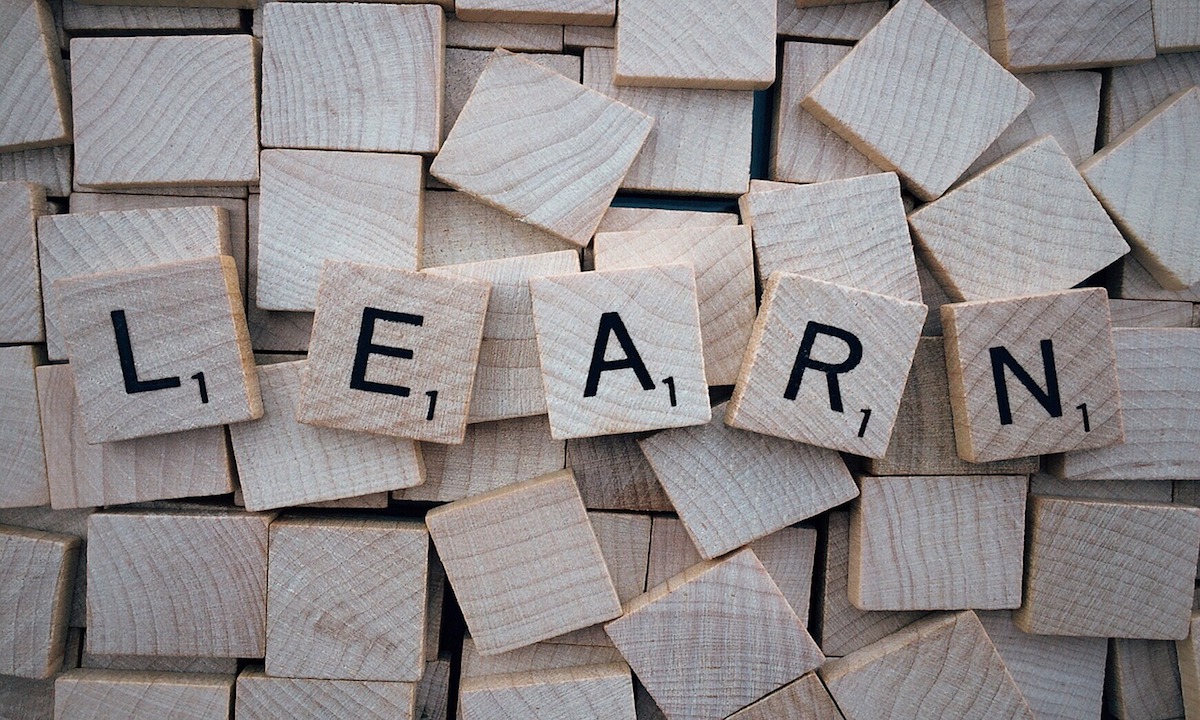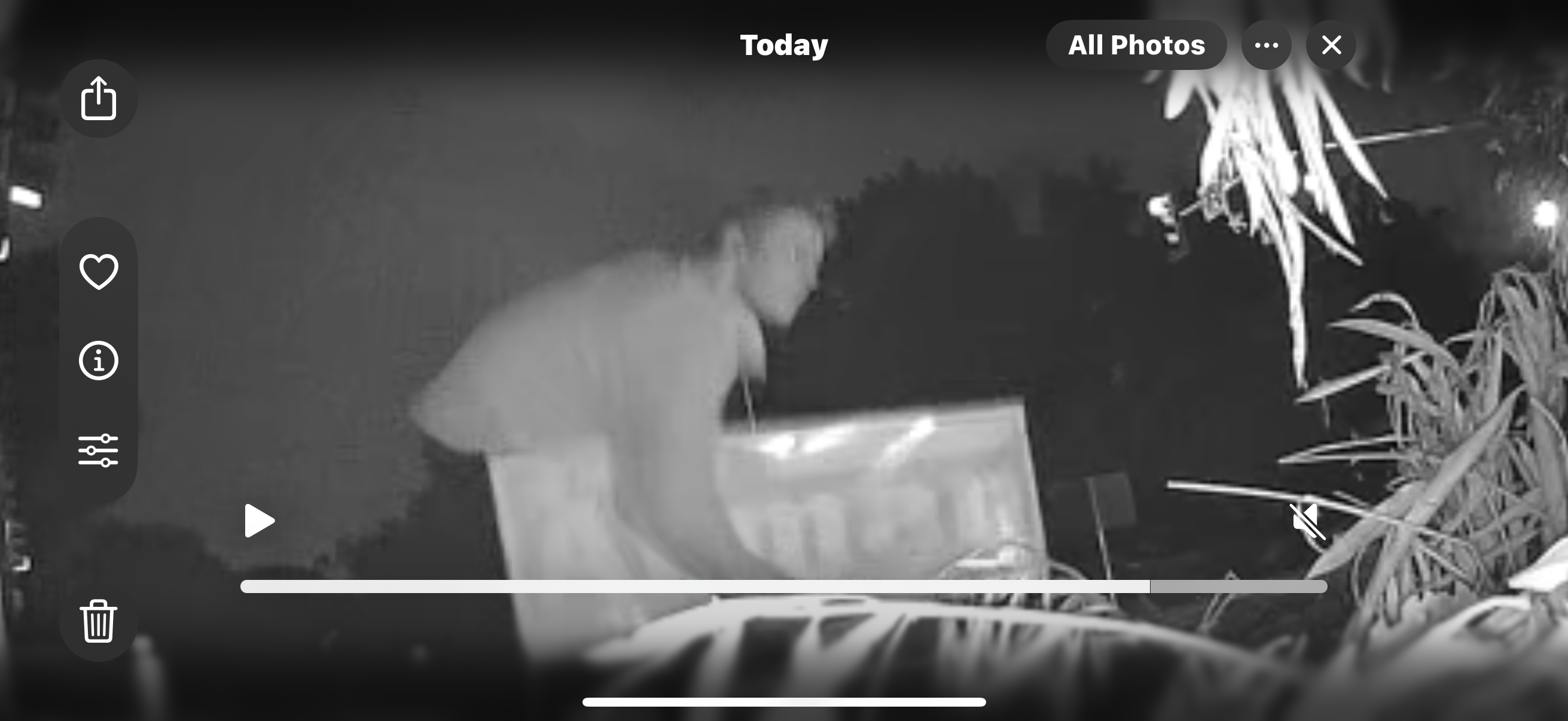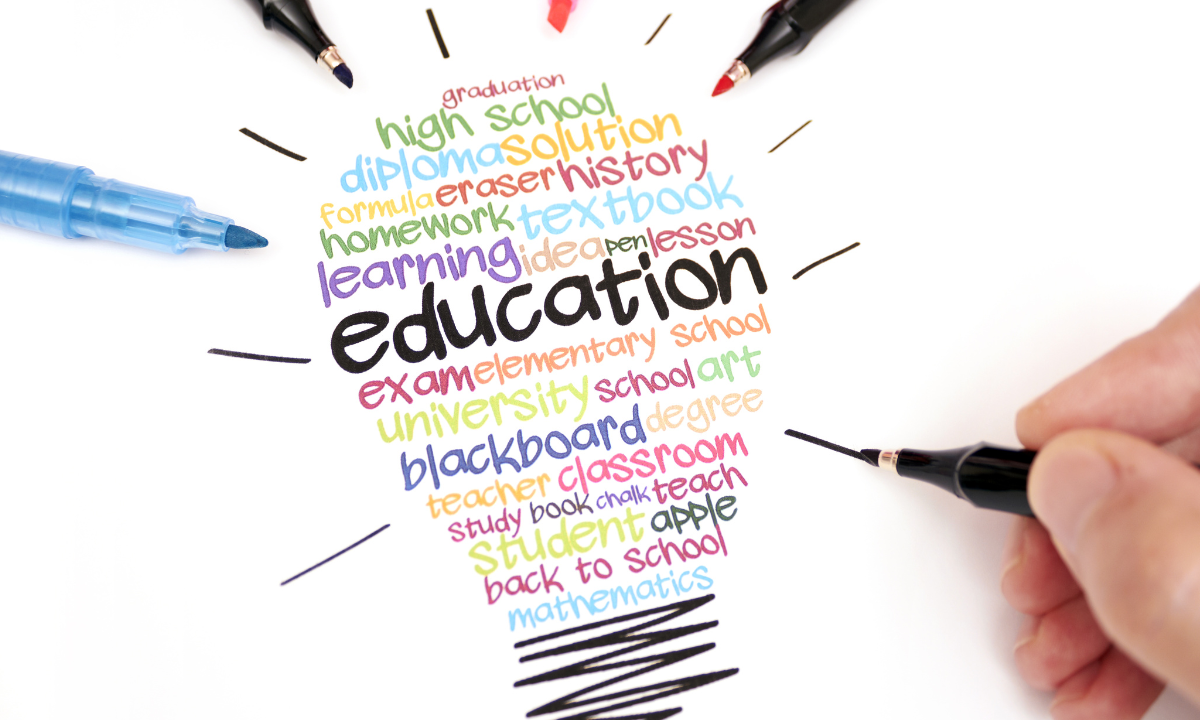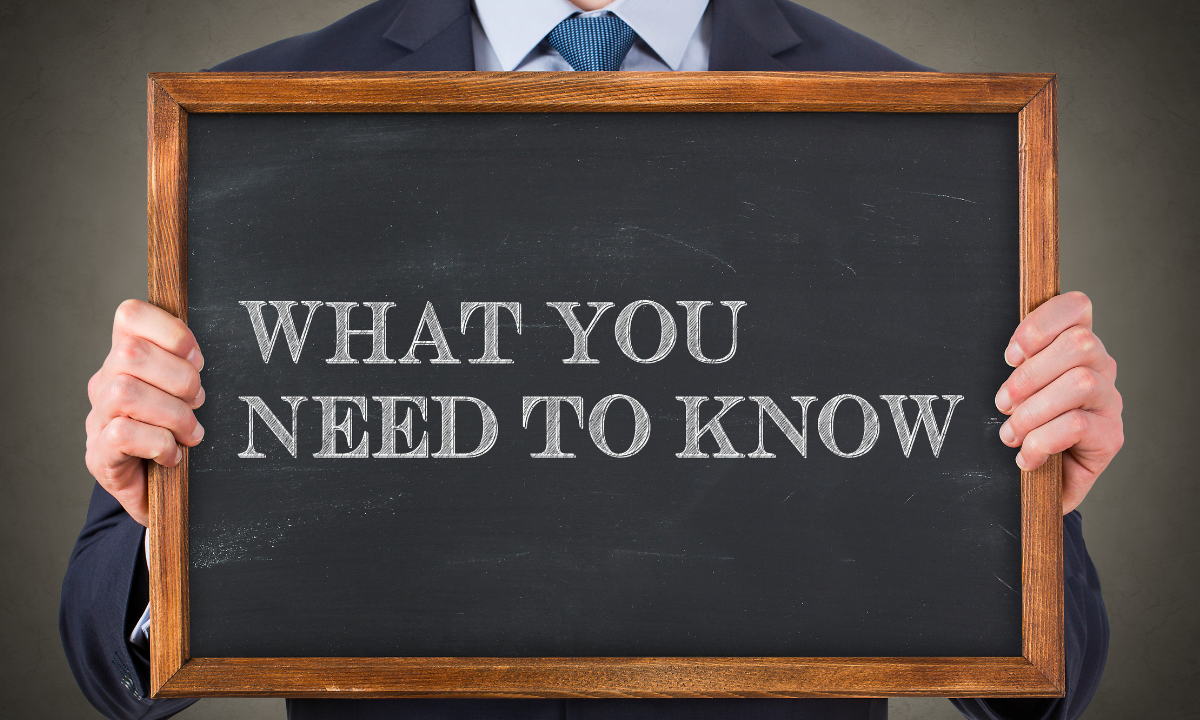Written by Nicholas Vetrisek
As the coronavirus pandemic drags on, many industries have been forced to adapt to the new circumstances, and education is no exception. Distance learning—something once looked down upon by the education establishment—is now being used en masse in order to provide students a remote education.
Due to the rapid adoption of distance learning by public schools, charter schools now have the upper hand with regard to educational quality. This is made clear by the fact that thousands of parents are now attempting to sign their children up for online charter schools.
There is controversy regarding this practice given that in 2015, a Stanford study stated that students received an inferior education from online charter schools and as much as one year of learning could be lost when compared to traditional schooling. The data critics cite is correct but if they had bothered to read the study, they would have also found one other important piece of information.
“In the 2009 CREDO charter school study, charter schools had on average weaker growth than their traditional public school counterparts (Raymond, 2009). The 2013 update to that study showed stronger results for the charter sector compared to the TPS… An examination of growth trends for brick-and-mortar charter schools in the 2013 study showed a pattern of slow but gradual improvement over the past several years. Taking into consideration the newness of the online sector, it is possible such a pattern might appear here as well given sufficient time.”
If this was still 2008-2013, when the data for the study was recorded, this argument would be perfectly valid. Fortunately, it has been seven years since then and technology has improved by leaps and bounds. Just as brick-and-mortar charter schools drastically improved, surely online schools have as well.
Furthermore, online charter schools create a much different environment that is arguably more conducive to learning. Terri Novacek, Executive Director of Community Montessori and Dimensions Collaborative in San Diego County, which are personalized learning charter schools, says that “You’re more of a partner. Your job is to ask the right questions, not give the right answers.”
He states that with online charter schools, teachers spend more time guiding students and crafting student learning plans while no longer acting as the central source of a student’s instruction. “There is technology out there that can teach kids how to read and write and calculate and do science labs,” Novacek added.
Experts are saying that the coronavirus pandemic’s effects on school may last for a year and a half. Schools are not likely to reopen until there is no longer any substantial risk. Public schools are attempting to fill the gap, but like everything else related to public schools, it will probably be unsuccessful.
On the other hand, online charter schools have been functioning for over a decade and are experienced with the challenges of distance learning. Charter schools may seem like a much more preferable option for many families, as opposed to hoping that a hastily put together public online infrastructure pulls through.




